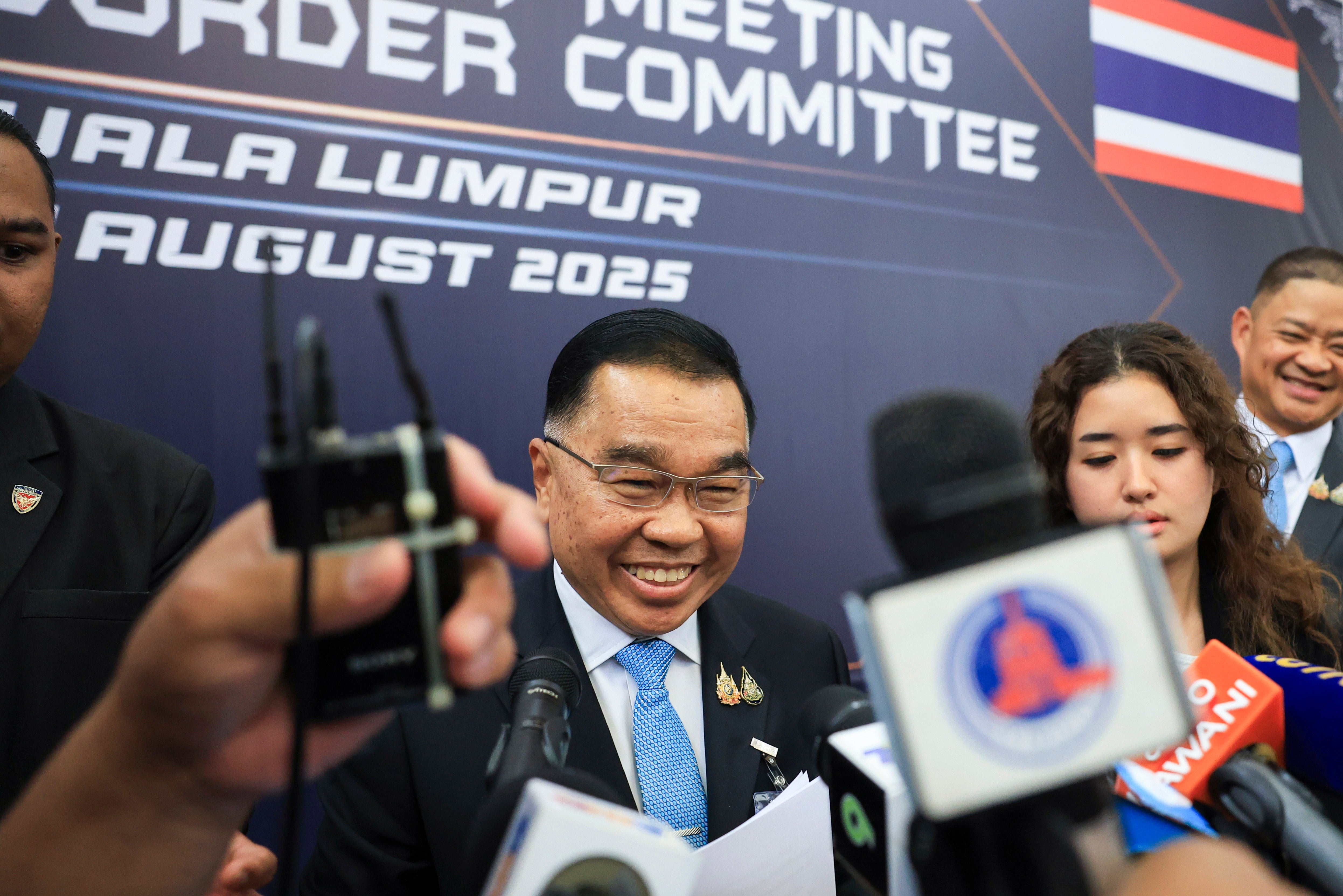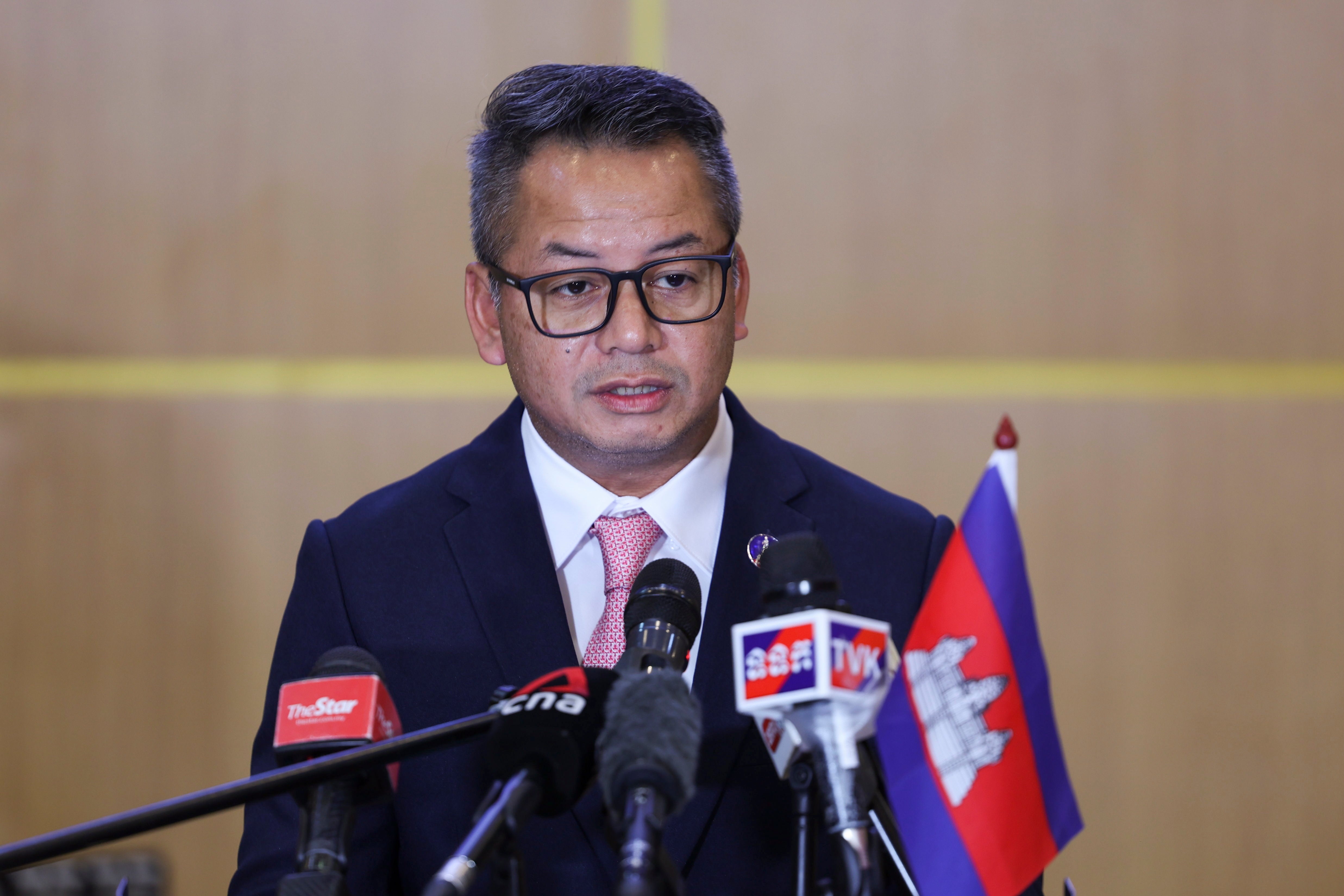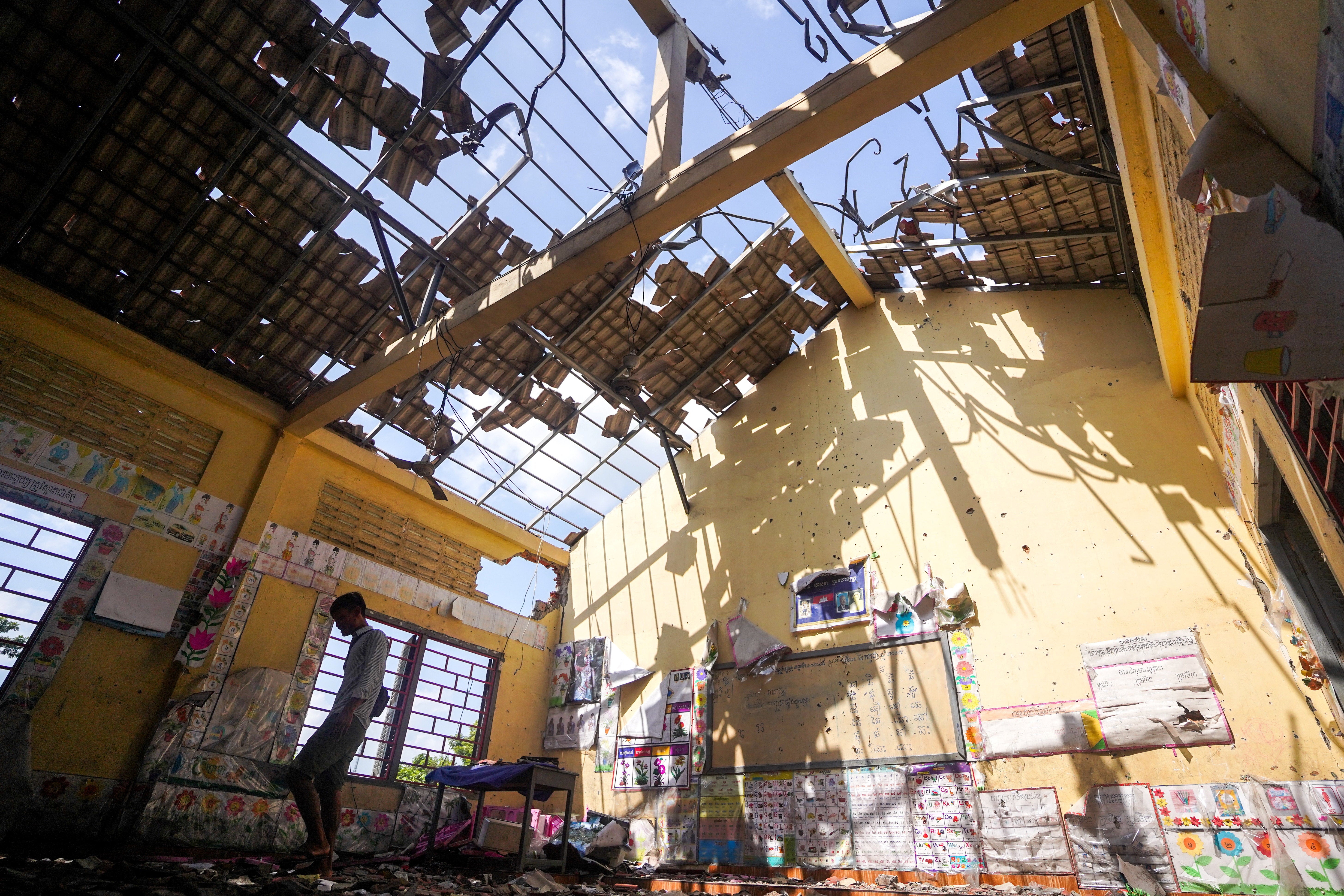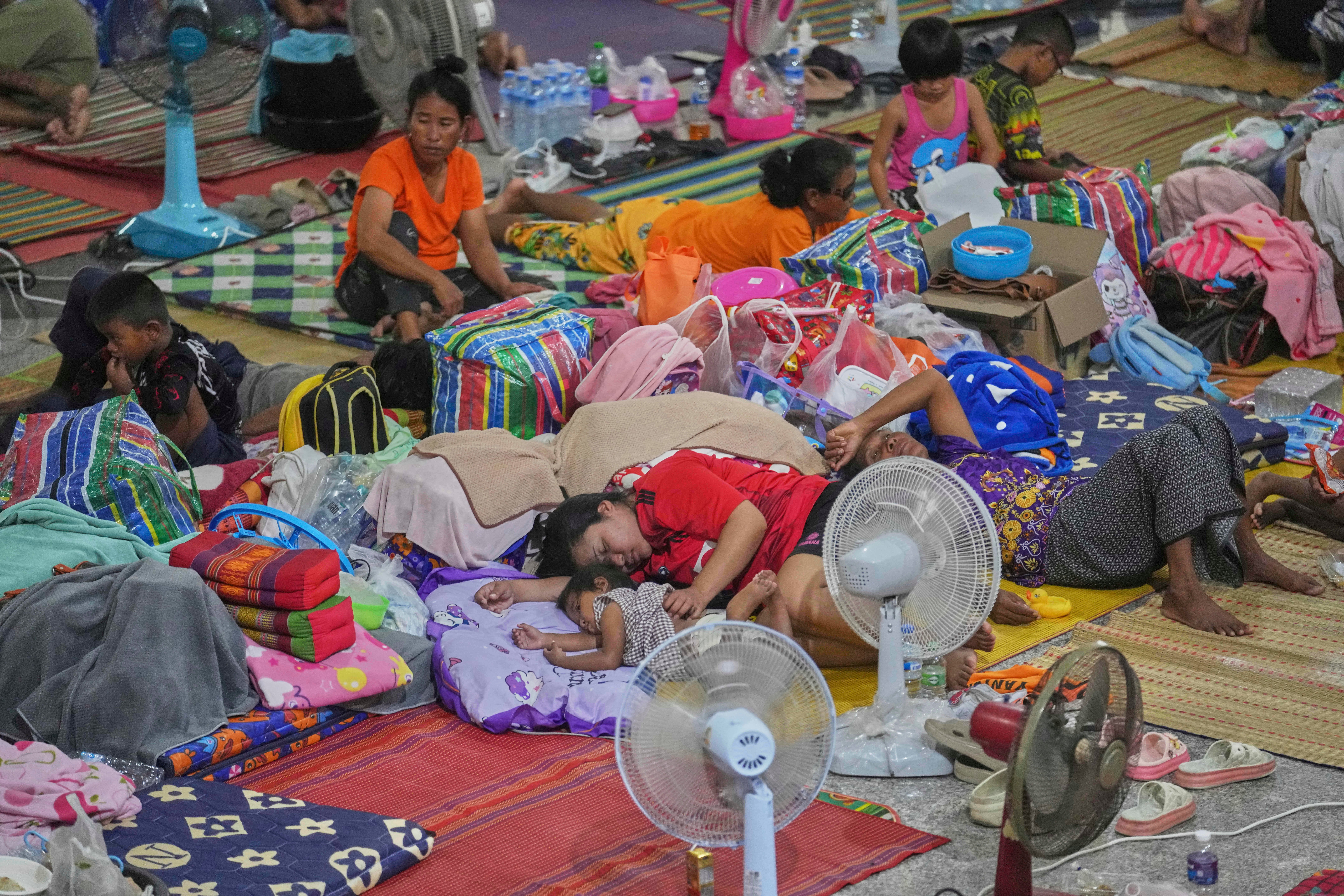Cambodia and Thailand finally reached an agreement on Thursday to maintain a ceasefire and let neutral observers monitor the fragile truce despite the unresolved issue of captured soldiers.
The decision came after four days of marathon talks concluded in Kuala Lumpur, Malaysia. The talks involving negotiators was followed by a meeting between Cambodian and Thai defence leaders.
A joint statement, signed by Cambodian defence minister Tea Seih and Thai deputy defence minister Nattaphon Narkphanit, declared that the deal must not be violated under any circumstances.
“Both sides agree to a ceasefire involving all types of weapons, including attacks on civilians and civilian objects and military objectives of either side, in all cases and all areas,” it said.
The latest agreement requires each side to form an interim observer team made up of Asean defence attachés and coordinated by Malaysia in its role as the Southeast Asian bloc’s annual chair.
Stationed in Bangkok and Phnom Penh, these teams will work within their respective borders, closely liaising with local military authorities to monitor the ceasefire until a formal Asean observer mission is deployed.
The agreement ends a conflict that left more than 40 people dead and over 260,000 displaced on both sides after fighting began on 24 July.

The five days of fighting saw the use of heavy artillery and airstrikes, with each country accusing the other of shooting first.
A truce, brokered by Malaysian prime minister Anwar Ibrahim, was reached on 28 July after US president Donald Trump said he had spoken to the leaders of Thailand and Cambodia.
Mr Trump claimed he had threatened to put off trade deals with the two countries if the fighting persisted. After the fighting ended, Washington lowered tariffs on goods from the two countries from 36 per cent to 19 per cent on 1 August.
Cambodia's prime minister said on Thursday he had nominated Mr Trump for the Nobel Peace Prize, lauding his "extraordinary statesmanship" in stopping the border conflict with its neighbour.
Hun Manet shared his letter to the Norwegian Nobel Committee hailing Mr Trump's intervention as an example of his "exceptional achievements in de-escalating tensions in some of the world's most volatile regions".

US ambassador to Malaysia Edgard D Kagan, who participated in the latest talks, said the outcome was an important milestone.
"The US believes this is an important step. However, it's important to recognise this is only a step. The goal here is a durable sustainable ceasefire, one that is able to be accepted and enforced by both sides," he told reporters.
He said the US would work closely with Malaysia and Asean to monitor the truce.

While the rival sides reaffirmed their commitment to halt hostilities, freeze troop movements and avoid provocations, the issue of the 18 Cambodian soldiers captured just hours after the ceasefire took effect remained a sticking point.
The joint statement did not directly mention them but it noted that the captives should be "immediately released and repatriated after the cessation of active hostilities”.
The statement did not clarify whether this referred to the formal end to the border conflict.
Thailand had captured 20 Cambodian soldiers but repatriated two wounded men on Friday.
Cambodia had accused Thailand of mistreating the captured men.
Thai authorities called them "prisoners of war" and said they would only be freed following an end to the conflict.

The Thai foreign ministry said in a separate statement on Thursday that the 18 prisoners had been treated in full compliance with international humanitarian law.
It said representatives of the International Committee of the Red Cross had visited them at their detention facility on Tuesday and that the men were in good health and without any injury.
Cambodia and Thailand have fought multiple times in the past along their disputed 817km border.
The latest conflict was preceded by escalating tensions over a Cambodian soldier’s killing during a confrontation in May.
Thailand and Cambodia hold high-stakes border talks in Malaysia
Are Trump’s tariffs pushing rivals India and China closer together?
Here’s how much Russian oil does India buy - explained
Chinese tourists killed in Bali boat accident
Sanitary pad protest in Malaysia sparks outrage over tone-deaf message
Missing French backpacker who hitchhiked from Paris to Phnom Penh found dead







